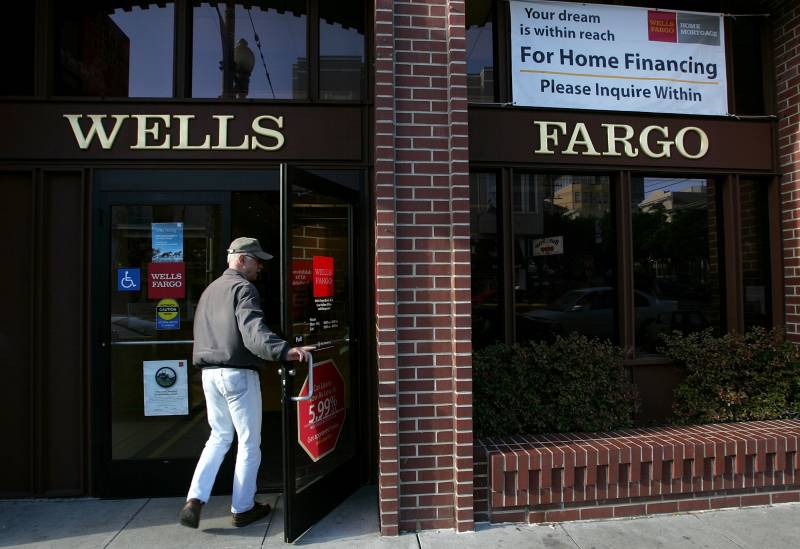California received the highest number of approved Paycheck Protection Program loans during the second round of funding, according to a recent report from the Small Business Administration. And most of those loans came from smaller banks.
One of those small lenders is the California-based community bank GBC International. Yvonne Pun is a commercial banking manager there and oversees its Northern California branches. She said that when the first round of PPP funding started, it was a mad dash for her team.
“We would start the day from 7 a.m. in the morning, and there were times when we did not leave our office until after midnight — just to push through the applications,” Pun said.
Pun’s office filed hundreds of applications for local businesses, but feels her small bank was at a disadvantage to bigger banks — where teams of coders wrote software to fill out applications in the Small Business Administration’s E-Tran system automatically.
GBC International doesn’t have those resources.

